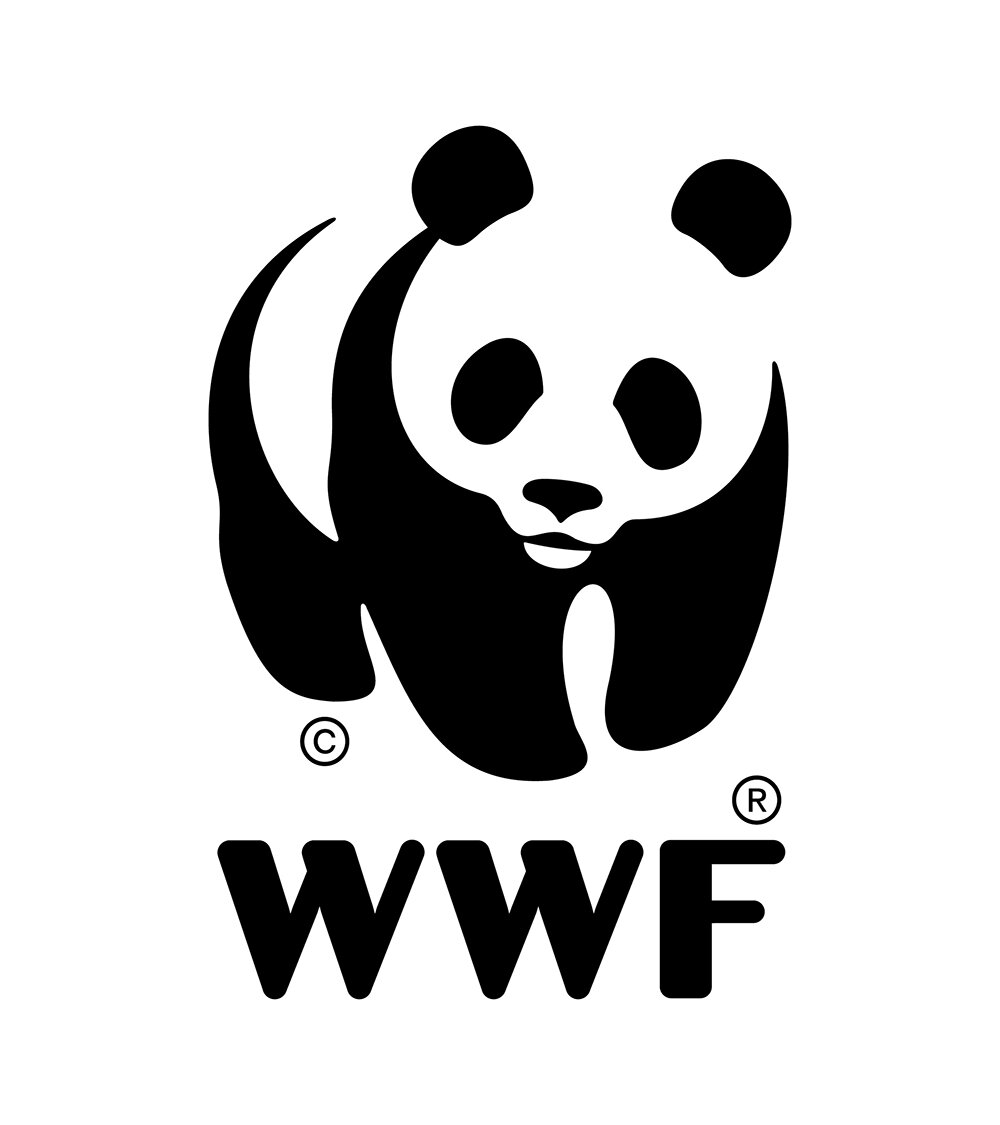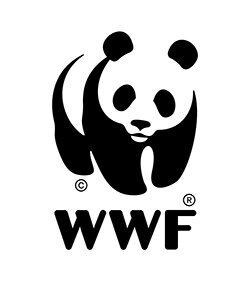
Conservation Impact Grants 2025
Identifying and Safeguarding Blue Corridors: Enhancing Marine Connectivity Conservation for Whales and Dolphins in the Wider Caribbean and Coral Triangle Seascapes
Deadline: Friday December 12, 2025
Photo © NaturePL.com / Tony Wu
Call for Proposals
WWF invites individuals, organizations, and research institutions to submit conservation project proposals that implement measures to reduce human threats, fill knowledge gaps and inform policy or management actions to identify, conserve, and protect blue corridors for whales and dolphins.
Projects may include:
Contributing new data or visualizations to BlueCorridors.org
Implement and/or informing strategies to reduce specific regional threats
Advancing inclusive and participatory conservation approaches
Supporting local capacity building
A total of up to A$120,000 is available, offering two grants of up to AUD$60,000 each for work in the following two regions in 2026.
1. Wider Caribbean Region (up to AUD$60,000) — Applied Conservation to Support CAMAC
Background
WWF-NL is an implementing partner in the EU-Interreg Caribbean funded CAMAC Project (CAribbean marine Megafauna and Anthropogenic ACtivities), which aims to improve understanding of interactions between marine megafauna and human activities and strengthening regional collaboration. The project provides Caribbean governing bodies and stakeholders with actionable recommendations and tools to reduce negative impacts and identify opportunities for applied conservation.
CAMAC operates within the Wider Caribbean Region and is led by the Agoa Marine Mammal Sanctuary on behalf of French Biodiversity Agency,, together with Regional Activity Center for Specially Protected Areas and Wildlife of the Caribbean (SPAW-RAC) of the Cartagena Convention and WWF-NL.
Grant Focus
This grant seeks applied conservation projects that directly support the CAMAC project’s goals and advance regional whale and dolphin conservation.
2. Coral Triangle Region (up to AUD$60,000) — Data and Visualization for Cetacean Conservation
Background
The Coral Triangle, is an epicentre of marine biodiversity, spans 6 million km² across Indonesia, Malaysia, the Philippines, Papua New Guinea, Timor-Leste, and the Solomon Islands. Its ecosystems sustain more than 120 million people, yet face growing pressure from overfishing, destructive fishing practices, unsustainable tourism, urbanization, and climate change.
WWF focuses its efforts to the Coral Triangle region because of its exceptional biodiversity and its critical role in supporting food security, livelihoods, and ecosystem services for local and global communities.
Grant Focus
This grant supports projects addressing data gaps on cetaceans and identifying opportunities to mitigate key threats. Eligible projects may include field research, policy engagement, and collaborative initiatives that strengthen regional cetacean conservation and connectivity. Outputs should aim to generate new data and visualizations for BlueCorridors.org.
Delivering Impact
WWF seeks projects that demonstrate measurable conservation impact. Applicants should clearly articulate how their work will benefit whales, dolphins, and porpoises—and how WWF can support communication of results to policymakers, the public and other stakeholders.
Previous Blue Corridors Initiative projects include:
Deployment of satellite and DTAGS tags and use of drones for conservation research
Analysis of critical habitats for migratory species
Community-based solutions to reduce small-cetacean bycatch
Research contributing to marine protected area proposals
Assessment and Selection
Applications will be reviewed by experts from WWF’s Protecting Whales and Dolphins Initiative, a global program that equips scientists, policymakers, and governments with tools and strategies to safeguard cetaceans.
WWF has a strong track record in cetacean conservation, including:
Developing safe and ethical field research techniques
Building capacity among early-career researchers
Advising governments on marine habitat protection
These efforts have contributed to transformative conservation outcomes at local, regional, and global levels.
About Blue Corridors Conservation
Migratory ocean species such as whales cross international boundaries, moving across vast seascapes that span national and international jurisdictions. Today, growing threats are putting populations at urgent risk—but collaborative action and science-based solutions offer a pathway to safeguard these species and the ocean systems they depend on.
Blue corridors are the migration pathways that whales and other marine megafauna use to travel between ecologically connected areas where they feed, breed, socialise, and migrate. Protecting these corridors is essential to ensuring their survival.
The global Protecting Blue Corridors report (2022) helped catalyze international momentum to strengthen marine connectivity conservation for whales and is informing global and regional efforts supported by WWF. In 2025, WWF and partners from marine mammal science community, conservation groups and governments established the Blue Corridors Initiative, a global collaboration dedicated to safeguarding whale migrations through innovative visualizations and co-developed conservation strategies.
The Initiative advances global whale conservation by fostering a collaborative community that applies data-driven insights, compelling visual storytelling, and science-based solutions. By mapping key migration corridors, addressing emerging threats, and protecting critical habitats, the Initiative strengthens global biodiversity and ocean sustainability outcomes.
Our Conservation Priorities
WWF’s cetacean conservation priorities focus on:
Safeguarding critical habitats, including migratory blue corridors, through informed marine protected area design and effective management
Reducing human impacts on whales, dolphins, and porpoises by addressing bycatch, ship strikes, underwater noise, and climate change
How to Apply
The application form and detailed guidelines can be found here.
Please note the grant amount is in Australian dollars (AUD$).Please submit up to 3 pages in length.
Deadline: Friday December 12, 2025. Application outcomes will be notified by email in late Janaury 2026.
To submit the application form, please email it to Chris Johnson at: whales@wwf.org.au
Additional Information:
Applications and expressions of interest will be reviewed by members of the WWF Protecting Whales & Dolphins Initiative team.
Funding will be dispersed in the form of a contract agreement with World Wildlife Fund, Australia (WWF Australia). Chris Johnson, Global Lead of the Protecting Whales & Dolphins Initiative, hosted by WWF Australia, will be the contract coordinator.
Administration costs cannot be more 12.5% of the funding agreement.
Any research results to be published open source and available via open data platforms including BlueCorridors.org. Collaborative communications are a key deliverable of the funding.
For more information about World Wild Fund for Nature, Australia (WWF-Aus) policies, please visit this link: https://www.wwf.org.au/about-us/policies
Photo © Richard Barrett/WWF-UK

